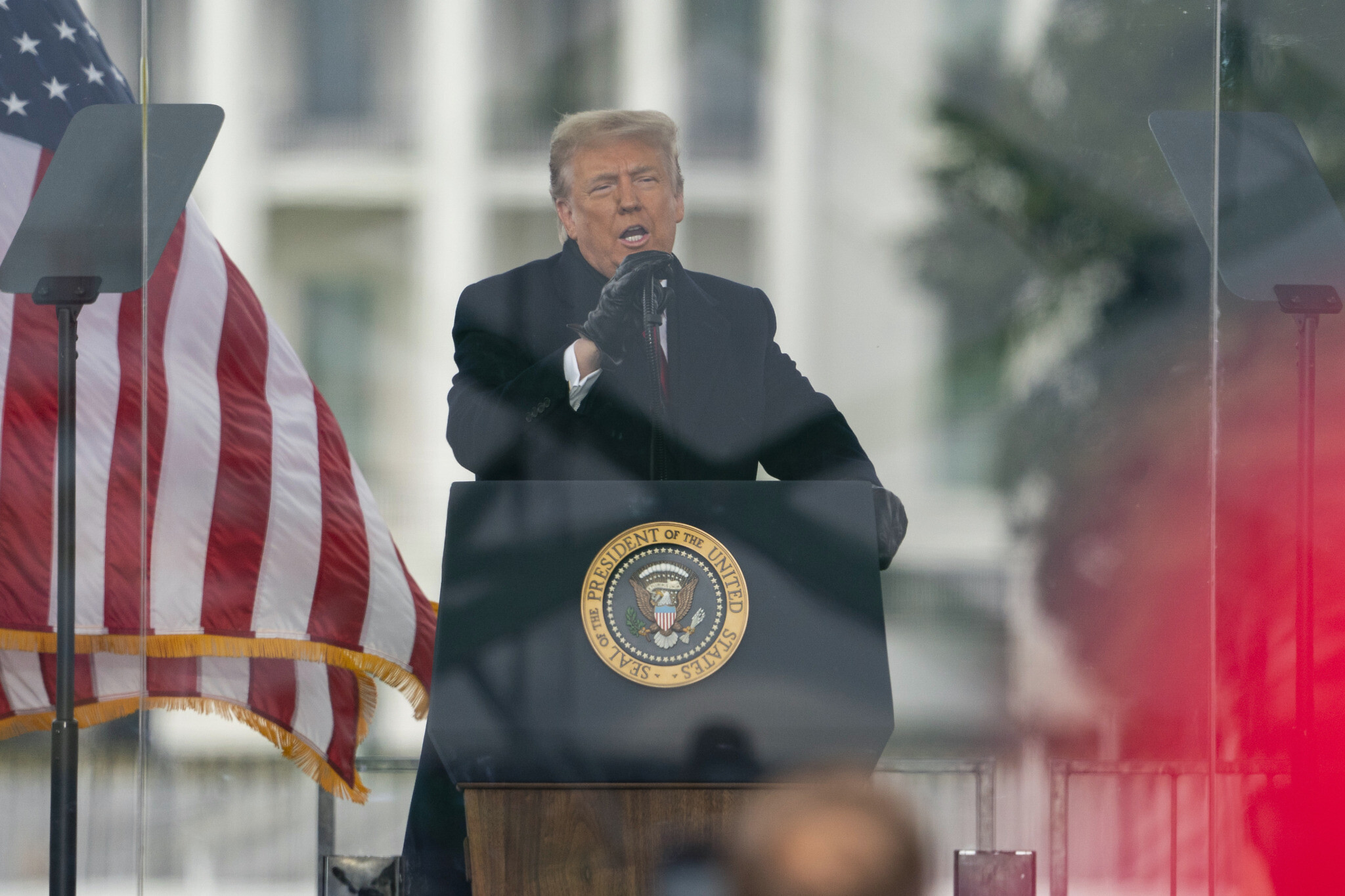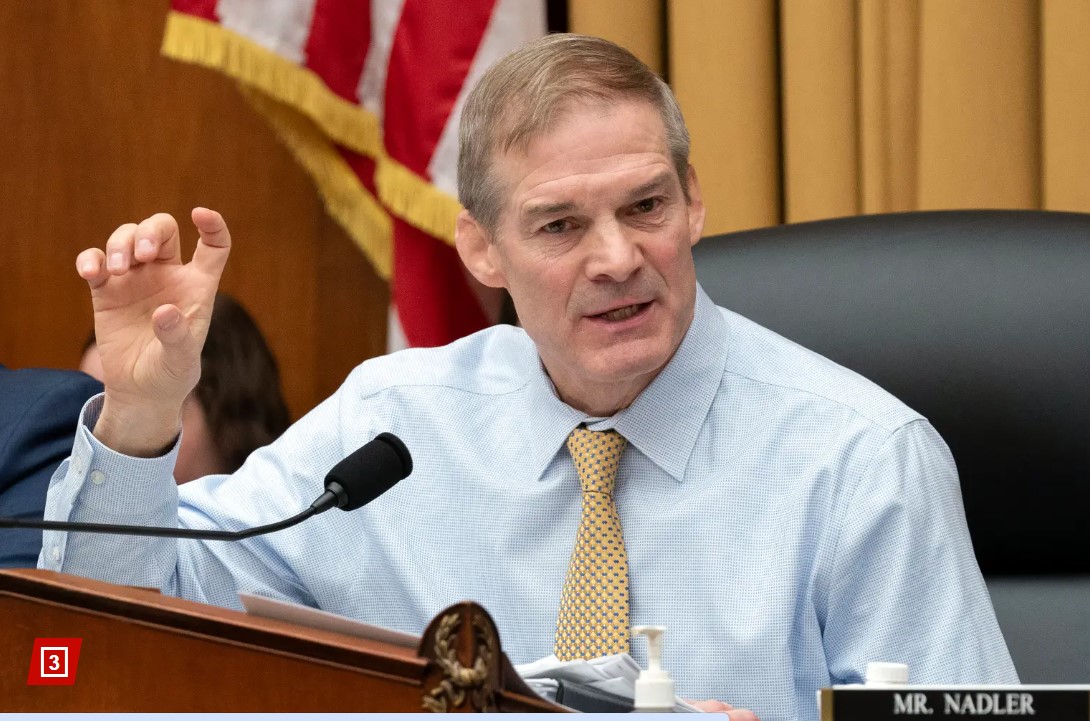Federal law enforcement as revealed by Republican Rep. Jim Jordan, purportedly instructed financial institutions to flag transactions with search terms like “MAGA” and “Trump” post the Jan. 6th Capitol riot according to the Daily Caller. Jordan, the House Judiciary Committee chair, expressed concern about widespread financial surveillance, citing materials distributed by the Financial Crimes Enforcement Network (FinCEN) to ascertain “persons of interest.”

Photo from Google
Financial Surveillance Following Capitol Riot
Jordan’s letter to former FinCEN Director Noah Bishoff asserts that search terms like “TRUMP” and “MAGA” were recommended to financial institutions, sparking fears of pervasive surveillance. The move aimed to trace transactions related to the Capitol riot and was part of a broader effort to identify potential threats using unconventional indicators.
The materials provided by FinCEN included suggested search terms and Merchant Category Codes (MCCs) to identify transactions on behalf of federal law enforcement. This included analyzing Zelle payment messages using generic terms like “TRUMP” and “MAGA,” raising concerns about privacy and civil liberties.
Jordan contends that such extensive financial surveillance, conducted in collaboration with federal law enforcement, raises significant worries pertaining to the equilibrium between safeguarding national security and and civil liberties, calling into question FinCEN’s respect for fundamental rights.
READ ALSO: China Is Currently Engaged In An Unrestricted Warfare Against The United States
Request for Transparency and Interviews
Jordan has sent similar letters to both FinCEN and FBI Director Christopher Wray, seeking interviews with key officials, including Bishoff and FBI official Peter Sullivan. The goal is to obtain insights into the extent and justification behind the surveillance, aiming for transparency and accountability.
The requested transcribed interviews with Bishoff and Sullivan are part of Jordan’s effort to scrutinize the alleged communications between financial institutions and law enforcement, ensuring a thorough examination of the privacy implications.
As the controversy unfolds, Jordan aims to shed light on the intersection of national security concerns and individual privacy rights, prompting a broader conversation about the appropriate boundaries in conducting surveillance on citizens.
READ ALSO: Sexual Harassment Lawsuit Exposes California Disaster Response Coordinator’s Ordeal
























